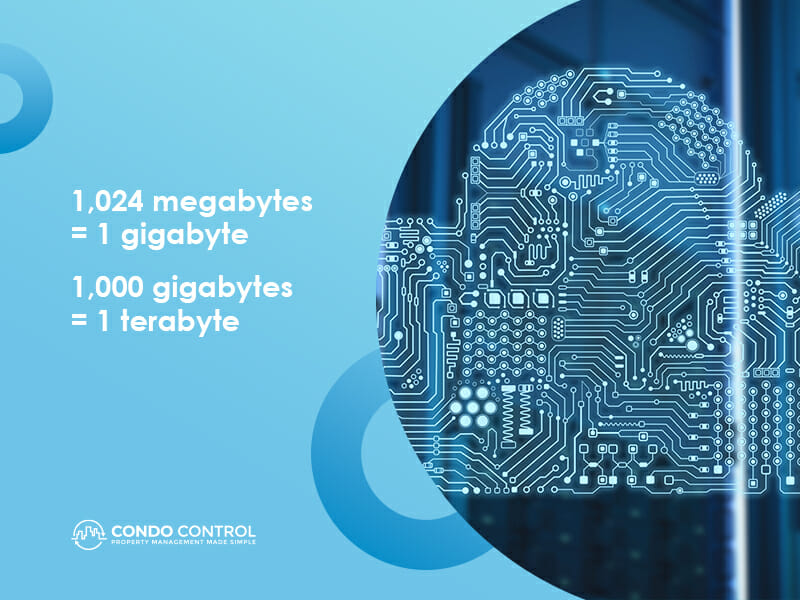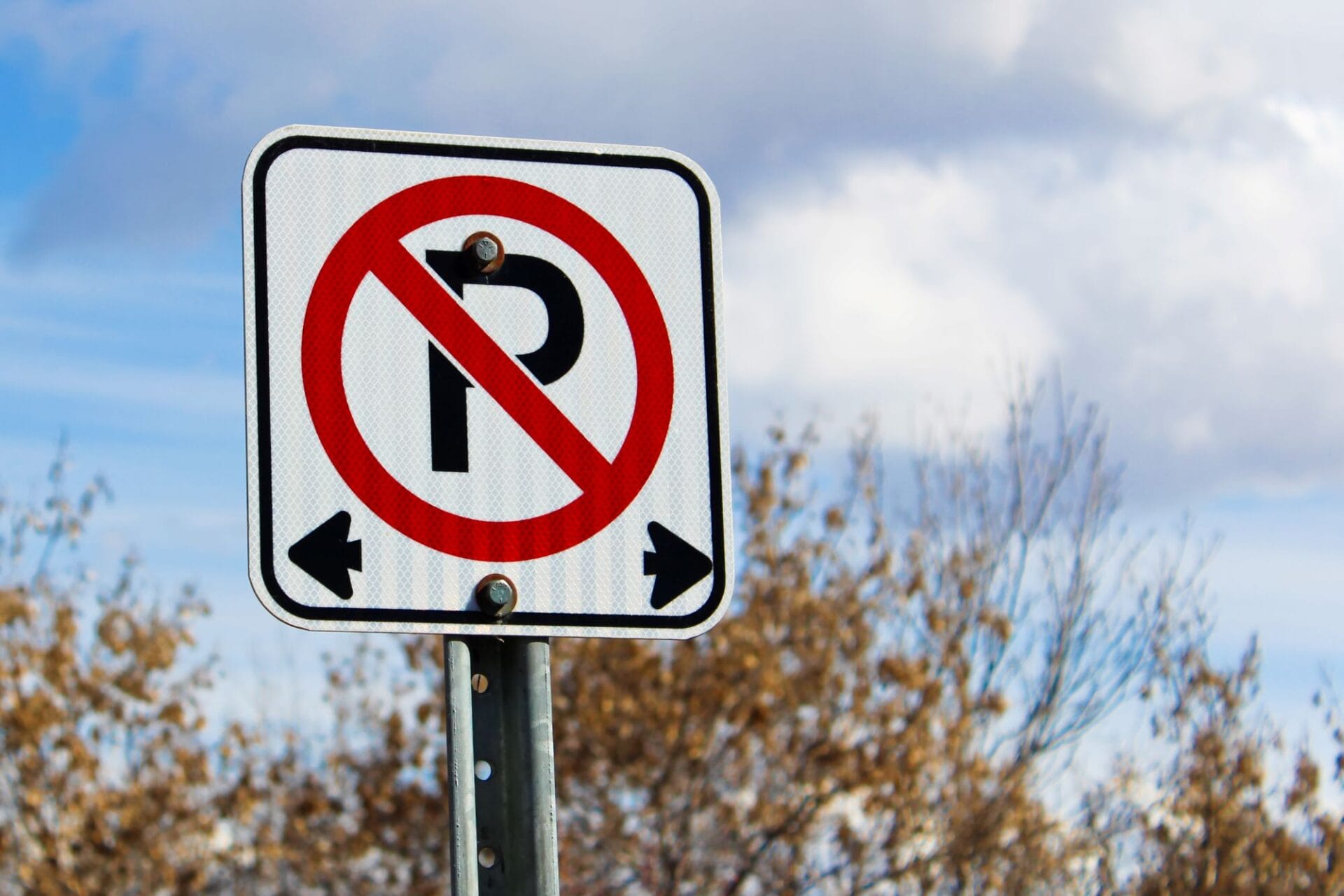On average, how many documents would you say you and your team create in a month? Factor in security logs, service requests, announcements to residents, purchase orders, violations, etc. It could be 100, 500, or even 1,000 pages of information that you must archive every 30 days!
Associations are required to save certain records, and there are many good reasons why some documents must be saved (even if this process creates more work for you). For starters, the HOA’s leadership changes over time. Well-maintained records help ensure that there are as few gaps as possible in the HOA’s business affairs when there is a transition of leadership. The records provide new board members, as well as property managers, with detailed information about the association’s finances, projects, repairs, bylaws, etc.
There are also legal matters to consider. Tax records and previous versions of governing documents need to be archived for internal audits – and they will help protect the HOA in the event of a legal dispute.
Not all records need to be saved forever
If you keep every single document indefinitely, then it becomes very challenging to find the space to store it all. Plus trying to find one item amongst 20 years of records…well that’s not something anyone has the time or desire to do.
As with most HOA requirements, boards and property managers should always check local or state laws, and governing documents, to see if there are specific rules about record retention. If there’s nothing available to guide you, then you can always refer to Davis-Stirling’s general guideline, or download this record retention policy template. Keep in mind that these are only guidelines. When in doubt, don’t hesitate to contact your lawyer and/or a certified public accountant for more help.
Generally speaking, an HOA should keep records of these documents indefinitely:
- Governing Documents
- Minutes
- Deeds to property owned by the association
- Architectural plans
Other items can be safely disposed of (shredded or deleted) after a certain number of years.
Best practices for record storage
There’s more than one way to manage HOA documents, but no matter what method you choose, you must implement a system that is easy to follow and replicate. Very organized people may be able to maintain a paper system using big bank boxes or alphabetized file cabinets.
But paper is messy, it is susceptible to mildew and fire, and sometimes it leaves you with a painful paper cut (ouch). Paper records are inefficient, and can only be accessed if you are in the office or area where the records are stored. We would recommend switching to a digital storage system so that record-keeping becomes less time-consuming and cumbersome. On that note, here are some tips for managing digital records:
- Label files and documents using a descriptive title (consider including the date). That way, when you search for something, it’s easy to find
- Control access. Not every staff member should have access to every document
- Don’t keep records longer than you need to. Ensure retention and disposal schedules are correctly applied to records
- Make sure records are properly destroyed/deleted. Consider having a policy for record disposal
- Really important documents (such as CC&Rs) can be maintained physically and digitally so that the association has a backup if one of the copies is lost or deleted
Digital storage options
When searching for a digital storage solution, your biggest problem might be making a final choice. There are several good platforms designed specifically to keep records safe and organized. Some are free, while others require a reasonable fee. If you’re looking for the most economic solutions, consider Google Drive or Dropbox.
Google Drive
Google Drive is a file storage platform developed by Google. It allows users to store files in the cloud, synchronize files across devices, and share files with teammates. Google Docs, Sheets, Slides, and Forms are all part of this platform. That means you can create documents using Google, and save them in the same space. Alternatively, you can upload documents, photos and videos to Google Drive.

All Google accounts come with built-in security designed to detect and block threats like spam, phishing and malware. This helps keep your records safe when opening a new file from someone else.
Admins can also manage who has access to folders. Each folder and file offer details about the content type, size, who owns the file, when it was created, whether it was modified, and who has access.
Google Drive is free, all you need is a Google account. However, it only has 15GB of storage. It is possible to purchase more space though, and there are multiple plans available.
It is very easy to share and update records using this platform. Best of all, since it is on the cloud, you can find records using any computer. Just make sure you log out of your Google account when you are finished using Drive. Add an extra layer of security by turning on the 2-step verification option.
The Google suite is a great tool for HOAs that are small or self-managed. Not only does it offer Drive, but there is an events calendar, meeting app, chat function and contacts feature.
Dropbox
Like Google Drive, Dropbox is a file storage platform. It lets you save, access and share files using any computer. You can organize files, customize permissions, and even automate certain processes. You can also create documents using Google, Microsoft, or Dropbox Paper. If you or someone else accidentally deletes a file, you can easily restore anything within 30 days.
You need an email address to use the free version of Dropbox, however, storage is very limited. It offers 2 GB and the ability to connect to 3 devices. There are many paid plans available, including ones designed specifically for businesses. These paid plans come with several GBs of storage, and allow multiple users to access the platform. You’ll also have access to customer support with a business plan.
Like any storage system, you are encouraged to turn on the 2-step verification option to keep records safe and secure.
How much storage do I need?
Every community will have different storage needs; you will need to figure out that answer based on the space you use, on average, each month or year. But take a look at these numbers to get a better sense of how much storage your HOA will need.

- 1,024 MB = 1 GB
- 1,000 GB = 1 TB
- A single-page written document or PDF is anywhere from 5KB to 50 KB
- A multi-page document with text and images is about 5 MB
- A JPEG file (photo) might be around 5 MB
- Audio files average around 20 MB
- Video files can be anywhere from 20 MB to 60+ MB
Conclusion
HOAs produce hundreds of documents each year. Some of those documents will need to be archived for several years. Trying to manage paper records is hard, and paper can easily be burned, torn or lost. Conversely, digital records are generally easier to organize, access and share. Plus, you can review them using any computer. A cloud-based platform will greatly improve your record-keeping processes.
Finally, if your HOA is looking for multiple solutions to improve day-to-day operations and services, consider Condo Control. We’ve got a record-keeping tool that works for managers, boards and residents. Get in touch with us and see what else we can do to make your life easier.






















